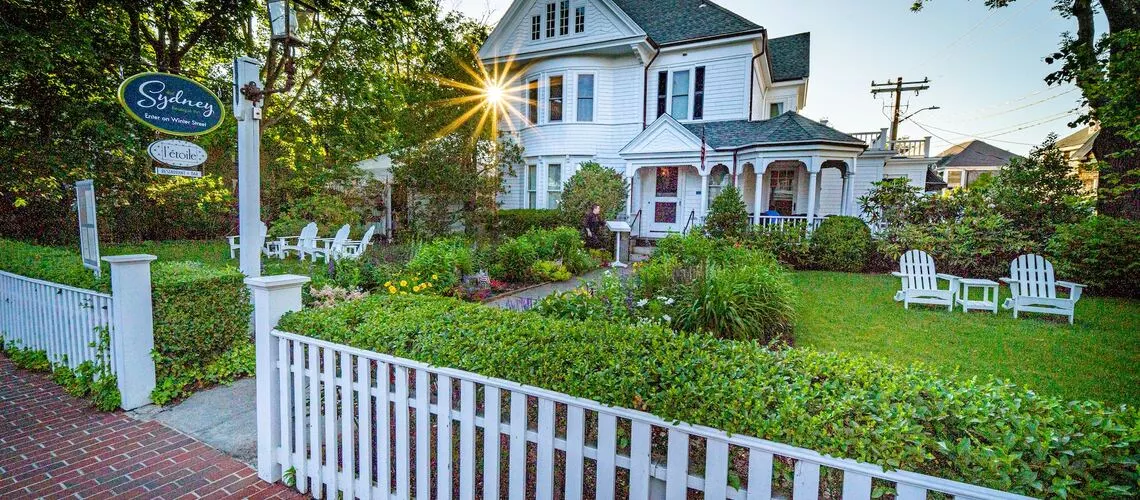Understanding what drives the value of your home is essential, whether you’re planning to sell, buy, or refinance. A myriad of factors, both tangible and intangible, play a part in determining the market value of a property. Let’s delve into these influential elements to gain a clearer insight into the dynamics of home valuation.
Location: The Prime Factor
Proximity to Amenities
A home’s proximity to shopping centres, restaurants, parks, and other recreational facilities can significantly impact its value. Properties located within walking distance of such amenities often command higher prices.
Transport and Connectivity
Ease of access to public transport, major roadways, and other transportation hubs can be a major value booster. A home situated near a train station or a major bus route, for instance, can be particularly appealing to daily commuters.
Neighbourhood Safety
The safety and security of a neighbourhood play an undeniable role in property valuation. Homes in areas with lower crime rates and a community-focused environment often see higher valuations.
Schools and Education
A property’s proximity to reputable schools can significantly drive its market value upwards. For families, the quality and reputation of nearby educational institutions can be a primary factor in home buying decisions. Therefore, homes located within top school zones or close to acclaimed educational facilities can demand a premium price.
The Influence of Neighbourhood Dynamics
Neighbourhood Aesthetics
The overall appearance, cleanliness, and vibe of a neighbourhood can substantially affect home values. Neighbourhoods with tree-lined streets, well-maintained homes, and manicured gardens generally offer higher property values.
Community Engagement
Areas with active community groups, events, and a strong sense of belonging can enhance a home’s appeal. Such environments foster a sense of community and can be a strong selling point for potential buyers.
Renovations and Property Improvements
Home improvements and renovations can have a pronounced effect on a property’s value. Here’s how:
- Kitchen and Bathrooms: Modernising kitchens and bathrooms can offer some of the highest returns on investment.
- Adding Space: Extensions, such as adding a room or building a deck, can increase a home’s living space and subsequently, its value.
- Energy Efficiency: Upgrades like solar panels, insulation, or energy-efficient appliances can boost a home’s market appeal and value.
- Landscaping: A well-designed garden or outdoor area can significantly elevate a property’s aesthetic appeal and value.
Market Conditions and Economic Factors
External factors, such as the overall health of the economy, interest rates, and housing demand, can play a vital role in determining home values. A strong economy with high employment rates can boost the real estate market, while economic downturns can exert downward pressure on property values.
Wrapping Up the Valuation Puzzle
Home valuation is a complex interplay of various factors. While some elements, like renovations, are within a homeowner’s control, others, such as market conditions, are external. By understanding these value factors, homeowners can make informed decisions about property investments, renovations, and sales strategies.



